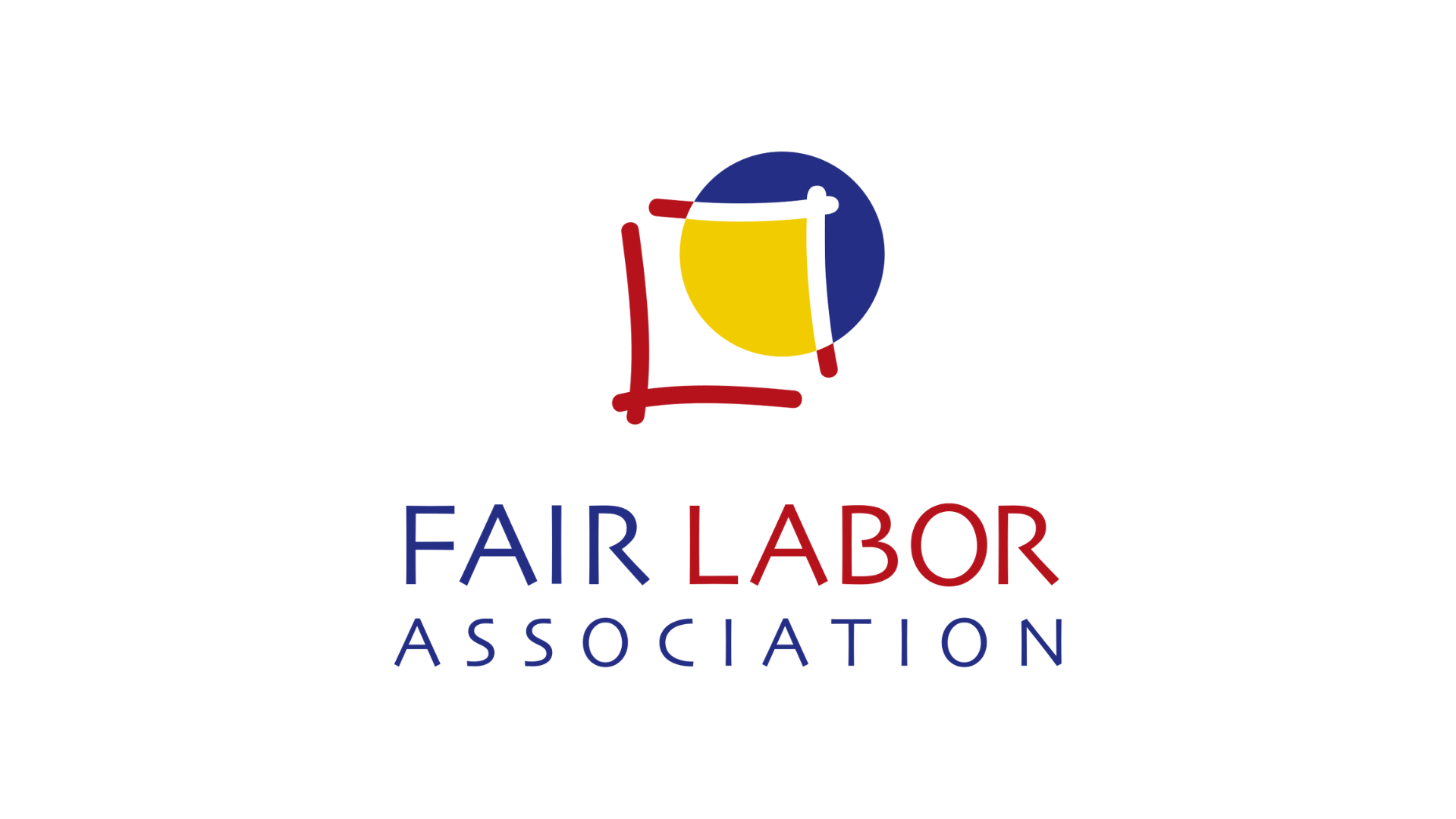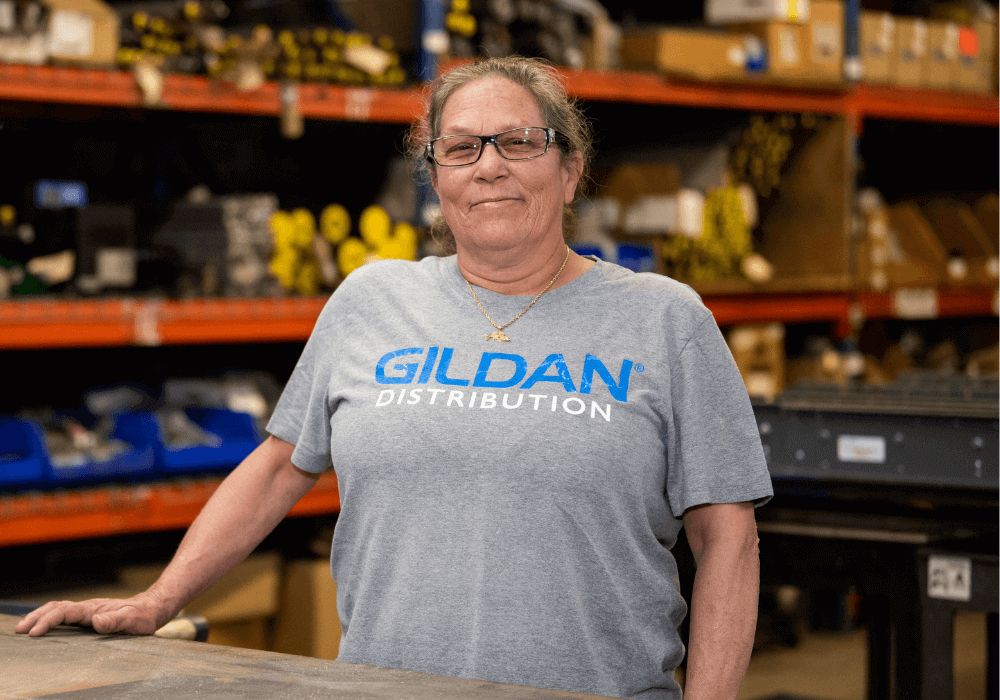Governance
Gildan owns and operates large-scale, vertically integrated manufacturing facilities, primarily located in Central America, the Caribbean, the United States, and Bangladesh. In some countries where we operate, we are one of the largest private-sector employers. As such, we understand that our success is tied to the local community. We support the vitality of these locations through job creation, ethical practices, and community investments that drive resilience, development, health, and well-being.

The following table describes roles and accountabilities with respect to how we manage our social matters across the organization.
| Position | Accountability |
|---|---|
| President and Chief Executive Officer | Matters related to social topics (including human rights, ethical labour practices, people, and culture) and ensuring a positive impact in the communities where we have operations |
| Executive Vice-President, Chief Operating Officer | Managing human rights and ethical labour practices by implementing fair labour practices, promoting equality, ensuring safe and healthy working conditions, and holding suppliers accountable |
| President, Manufacturing and Vice-President, Global Social Compliance and Environmental Affairs | Ensuring that effective policies and programs are in place for effective risk management and oversight of social topics |
| Senior Vice-President, Global Supply Chain, Sales, Marketing and Distribution | ESG and policies related to our global Social Compliance program and human rights standards |
| Vice-President, Supply Chain | Ensuring that suppliers meet human rights standards |
| Vice-President, Human Resources | Oversight of the implementation of our global health and safety management system |
We embed human rights in all our policies, governance, and management systems, and we expect our contractors (and their suppliers) to do the same. Our commitments to promoting ethical labour practices and safe working conditions are embodied in our codes and global policies, including:
-
Our Code of Conduct aligns with internationally recognized standards, such as International Labour Organization (ILO) conventions, and encompasses principles set forth by the Fair Labor Association (FLA) and the Worldwide Responsible Accredited Production (WRAP). We review our codes, policies, and statements periodically to help ensure they are up-to-date and adhere to local laws and appropriate international standards.
-
Gildan’s Social Compliance program is designed to ensure that our Company-operated facilities, as well as those of our contractors, comply with our Code of Conduct, local and applicable international laws, and best practice industry codes to which we adhere. This includes those of SEDEX Members Ethical Trade Audit (SMETA), Fair Labor Association (FLA), Better Work, and the Worldwide Responsible Accredited Production (WRAP).
See Our factories for Gildan-operated facilities and locations of selected finished product contractors.
FLA Accreditation
Gildan is a long-time member of the FLA and was the first vertically integrated apparel manufacturer to have its Social Compliance program accredited by the FLA in 2007. To maintain accreditation, we are subject to periodic audits by the FLA to ensure that we have implemented systems and procedures to uphold the FLA’s standards in our supply chain.

Approach
Through our actions and policies, we work to uphold and respect human rights as established in the United Nations International Bill of Human Rights (consisting of the Universal Declaration of Human Rights, the International Covenant on Civil and Political Rights, and the International Covenant on Economic, Social and Cultural Rights), as well as the United Nations Guiding Principles on Business and Human Rights.
Employees receive training on our Code of Ethics and Code of Conduct as part of the onboarding process provided on Gildan’s online training portal or through in-person training sessions. New employees are asked to read, acknowledge, and certify that they will comply with our Code of Conduct and Code of Ethics when they join Gildan. Gildan’s Code of Conduct includes our forced labour and child labour principles and aligns with internationally recognized standards. Employees also participate in our annual mandatory Code of Conduct training program. Certain employees in supervisory positions or in non-supervisory positions with job functions that require an especially high standard of compliance must complete an annual compliance certification process in connection with the Code of Ethics. The annual compliance certification process also contains a section dedicated to the issue of modern slavery.
Reporting mechanisms
We encourage our employees to report any suspected violations through our confidential grievance mechanisms, like the Ethics and Compliance Hotline. For other reporting mechanisms, please see our Modern Slavery Report.
Preventing harassment and abuse
Harassment and/or abuse is a human rights risk for which we have zero-tolerance. To prevent employee harassment and abuse, we conduct regular training for workers and management and maintain ongoing communication with facility managers. We also uphold strong disciplinary rules and procedures to make sure all employees are treated with respect and dignity.
We conduct periodic reviews of our Global Anti-Harassment, Anti-Discrimination, and Anti-Violence Policy to confirm that it aligns with national and applicable international laws and stakeholder requirements. We also regularly review and analyze information gathered from grievance mechanisms including workers’ suggestion boxes.

Human rights in our supply chain
As part of our Global Responsible Production and Sourcing Policy, we ensure that our suppliers are aware of our workplace standards.
Finished product contractors are required to sign a legally binding vendor agreement prior to starting work with us. The details of the agreement outline all terms and conditions required, which include full alignment with our policies, procedures, and guidance related to human rights such as our Code of Conduct, Code of Ethics, and Social and Sustainable Compliance Guidebook. They are also required to implement management systems to help ensure they adhere to each human rights principle in our Code of Conduct.
Our Social Compliance team guides and supports contractors in the effective implementation of labour compliance management systems, policies, and procedures. They also work with the contractors' human resources teams to help ensure that contractor facilities align with Gildan's Code of Conduct in terms of labour, human rights, and health and safety practices.

Our human rights due diligence process
Gildan monitors human rights-related risks as recommended by the Organisation for Economic Co-operation and Development’s (OECD) Due Diligence Guidance for Responsible Supply Chains in the Garment and Footwear Sector. Due diligence is an evolving process, and risks may change over time as our operational context evolves.
The primary purpose of our human rights due diligence is to prevent and act on potential and actual adverse human rights impacts in Gildan-operated facilities and those of our finished product contractors’ facilities. Our due diligence process combines a compliance and risk-based approach involving five key steps:
- Identify industry risks, as well as human rights risks specific to Gildan
- Assess and evaluate each human rights risk
- Mitigate and remediate human rights risks and impacts in our facilities and our supply chains by working collaboratively with stakeholders to implement programs and initiatives
- Monitor and communicate by verifying and validating progress and efficiency through our Social Compliance program
- Embrace continuous improvement by learning from our past and current experiences to assess and make changes to our human rights practices
Facilities that produce for Gildan are regularly inspected and audited through our Social Compliance program. All non-compliance, including breaches of our human rights policies and codes, are recorded and tracked in our Corporate Social Responsibility platform.
A Corrective Action Plan (CAP) is required for all non-compliances identified in an audit process. A CAP usually includes corrective actions, a training attendance list, and evidence of a policy or internal procedure review. Gildan’s Social Compliance team assesses the proposed CAPs for Gildan-operated facilities and finished product contractors and determines whether the plans are acceptable. Systematic follow-ups are conducted to verify progress made towards resolving the issues, help the facility improve its overall performance, and remain in compliance with our Code of Conduct.
Furthermore, we enroll our own facilities in the Social & Labor Convergence Program (SLCP)1 SLCP is a multi-stakeholder initiative that has developed and implemented a Converged Assessment Framework. SLCP helps users free-up resources currently spent on auditing so that they can be reinvested in improving working conditions. This collaborative effort is facilitated by Cascale and supported by leading organizations and companies. and encourage our suppliers to do so as well. Participation in the SLCP enables facilities to identify gaps and improve practices related to human rights, labour, and health and safety. By accepting SLCP audits, we also help contractors avoid audit fatigue.
We engage and cooperate with affected stakeholders and/or their representatives in remediation efforts through legitimate processes. Gildan also commits to not obstructing access to other remedies or other state-based judicial or non-judicial mechanisms. We expect our business partners to be committed to the same standards.
